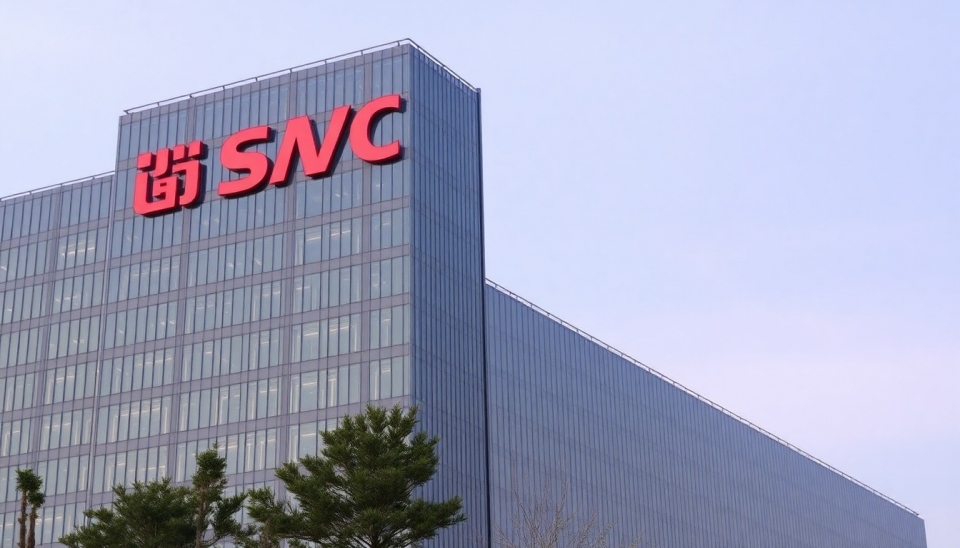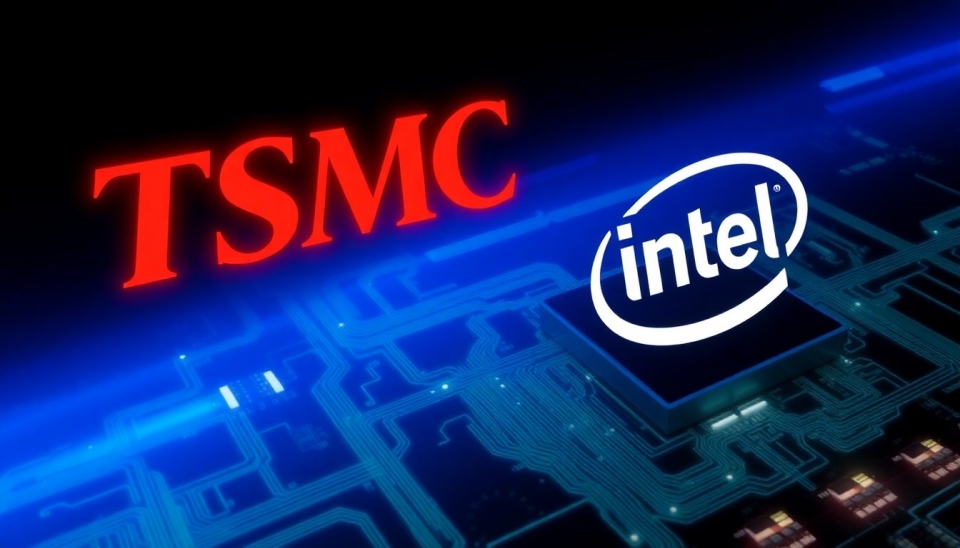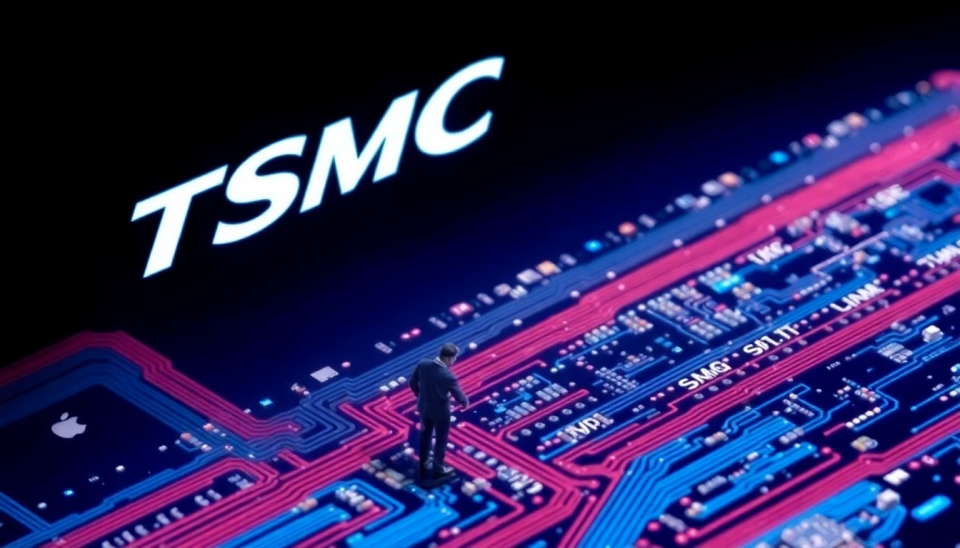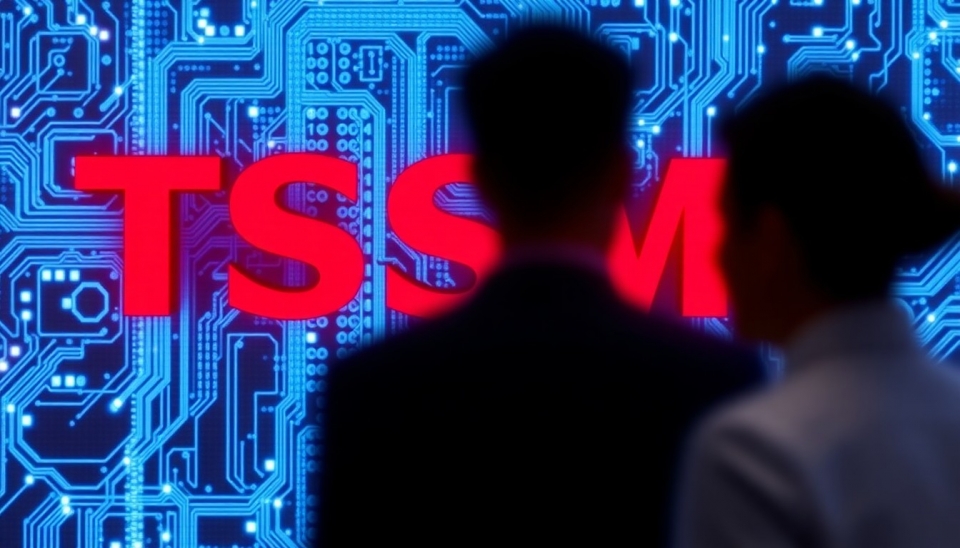
Taiwan Semiconductor Manufacturing Co. (TSMC), a pivotal player in the global semiconductor industry, reported a slowdown in its sales growth for October, primarily driven by the waning demand for artificial intelligence (AI) chips. While the company has been a leader in producing chips for AI and other advanced technologies, the recent decline is raising concerns about future growth, particularly as the tech sector grapples with market adjustments.
In its latest disclosures, TSMC noted a 5% year-on-year increase in sales for October, which marks the slowest growth rate the company has experienced for this month since 2021. In September, the growth stood at a more robust 10%, indicating a noticeable deceleration. Analysts attribute this lethargy in growth largely to the moderating surge in demand that had previously been fueled by the AI boom, which has now started to plateau.
According to industry experts, the rapid expansion in AI chip production that characterized the previous year has begun to stabilize as businesses adjust their supply levels in response to current market conditions. This adjustment appears to be reflecting a broader trend across the tech landscape, where companies are scaling back their production forecasts amid uncertainty in consumer demand and economic pressures.
Furthermore, the anticipated growth in AI applications that had once promised to drive chip demand appears to be leveling off as firms evaluate their production capabilities and inventory management. TSMC, which has heavily invested in expanding its manufacturing capacities to meet AI demand, now finds itself assessing the sustainability of these investments in the face of shifting market dynamics.
The decline is significant considering that TSMC is the world’s largest contract chipmaker, providing crucial components for a wide range of industries, including smartphone manufacturers and automotive companies. The chipmaker's financial health and growth trajectory are often regarded as bellwethers for the broader tech sector, making TSMC's performance particularly noteworthy for investors and analysts alike.
Looking forward, TSMC is expected to continue adapting to the changing market landscape as firms recalibrate their needs for AI chips and other semiconductor products. As the company navigates these challenges, its strategic decisions regarding investment in R&D and production capabilities will be critical in maintaining its competitive edge in an increasingly complex and dynamic industry.
In light of the current slowdown, TSMC's stock and market sentiment may be affected as investors remain cautious about the future outlook for the company's sales growth. While the semiconductor market is known for its cyclical nature, the extent of this slowdown may influence how swiftly TSMC can rebound and capitalize on the next wave of technological innovations.
As TSMC prepares for the upcoming fiscal challenges, the focus will undoubtedly be on how it manages its resources and plans for renewed growth in a landscape that is continuously evolving.
#TSMC #Semiconductors #AIChipDemand #SalesGrowth #TechNews #MarketTrends #TaiwanSemiconductor
Author: John Miller




